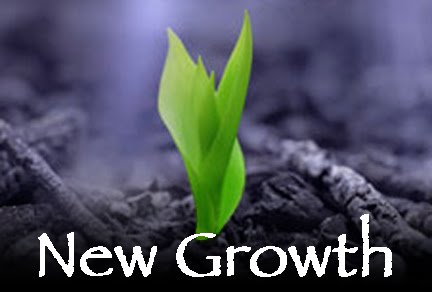
I took my father-in-law's truck to a nearby horse ranch to help myself to some of their manure pile. I've been getting manure from there for the past 3 years, but I've never really seen anyone around when I loaded up (aside from the first time when I went to ask permission). Today, however, there were some guys having their truck loaded by an old man with a tractor and bucket. I talked with them for a bit, and they mentioned that they were getting the manure for their garden plot that they were just starting up this year. I congratulated them on getting into growing food, and they left. The gentleman on the tractor was kind enough to scoop me two bucket loads, thus saving me a half hour of work. I noticed that the manure pile was quite a bit smaller than it had been in the past. There could be a couple of reasons for this. The ranch might not be stabling as many horses as they used to. In these economic times, a weekend horse is a luxury that more and more people are having to give up. Fewer horses = less poop. Also, there's never been somebody using a tractor scoop to load up the manure. I know I wouldn't have taken as much as I did if I'd have had to shovel it all.
I wonder though, as gardening and home food production increase in popularity, how many people are taking from that pile (and other similar sources of fertilizer and compost ingredients) that weren't a year or two ago? As we head into a future where growing at least some of your own food is a necessity, how much competition will there be for those sorts of organic materials in urban and suburban areas? At the beginning of the 20th century, most cities were awash in horse manure from all of the draft animals that were used in daily life. The French Intensive Gardening method that so inspired Eliot Coleman was made possible by having access to massive amounts of horse manure. Now as we're a decade into the 21st century, that resource is all but gone from most urban centers. I think urban homesteaders will have to become more thoughtful and creative about producing some of their own organic fertility via crop rotation, green manures, and small livestock.
At any rate, I now have a shit-load (pardon the pun) of grade A manure ready to go into the garden and compost bins. All I have to do now is keep the kids from digging in it.


You are absolutely right about having access to manure. I have a family member with two horses, and "Black Gold" is the best way to describe their manure. It makes all the difference in the garden.
ReplyDeleteWe have cows on my family's farm, but that's 90 miles south of us, so it's not really practical to use here. I'm going back to the horse ranch this Friday, and I'm constantly scouting for new sources. Have you experimented with growing green manure or cover crops to build up soil fertility? It's something I'd like to try this year.
ReplyDelete